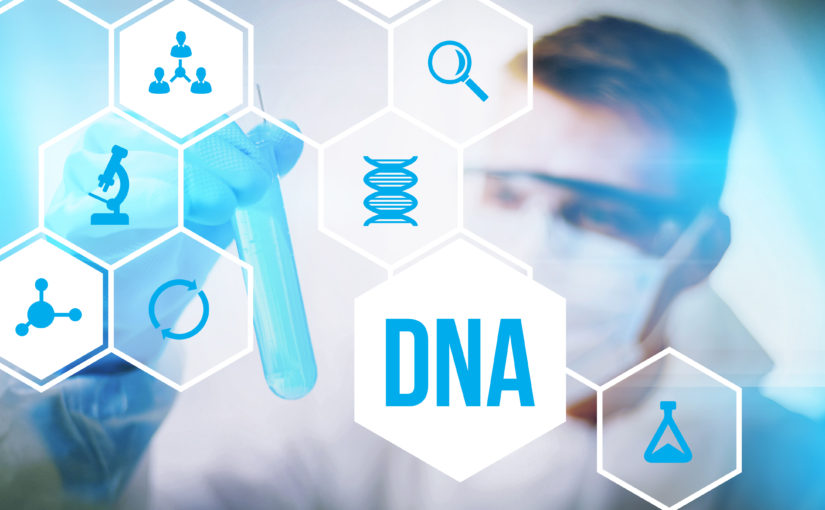
More than one in twenty Americans have voluntarily submitted their genetic code – the map of who they are personally and physically – to an Internet company. Most people were lured by cute TV ads creating curiosity about heritage.
Your DNA is a genetic code defining your traits. Without boring you on the biological aspects of this, the DNA submission may unknowingly and irrefutably connect you to relatives (newfound siblings, parents, etc.) that you did not know were related. It can also reveal the presence of your genetic code that may make you a higher risk person to insure. It may reveal recessive gene or heterozygous genetic makeup that may make you a less desirable mate (or more desirable); a perfect addition to future online dating services.
The dark side of Internet DNA testing may be shocking to those that have not considered the consequence. The trust people put in an online privacy statement (that may be amended from time to time) is equally shocking, especially when it comes to posting a genetic map of themselves, with really no way to retract it once it is posted.
A revealing article in The Atlantic delves into the unexpected. “In conversations and correspondence with more than two dozen people for this story, I heard of DNA tests that unearthed affairs, secret pregnancies, quietly buried incidents of rape and incest, and fertility doctors using their own sperm to inseminate patients. These secrets otherwise would have—or even did—go the grave.” The article adds, “It’s getting harder and harder to keep secrets in our society. If people haven’t come to that realization, they probably should. This generation right now and maybe the next 15 years or so, there’s going to be a lot of shocking results coming out. I’d say in 20 years’ time it’s going to dissipate. By then, our expectations of privacy will have caught up with the new reality created by the rise of consumer DNA tests.”
There are Facebook groups now with thousands of online DNA tester members, discussing the emotions of their findings when they have been contacted by genetically matched, formerly unknown parents, children and siblings.
What will the new realities be of consumer DNA testing?
What if these Internet DNA companies are acquired? What happens to the data? Privacy statements make it clear that the information will be shared with an acquirer. Who might want the DNA makeup information of the world? Big insurance companies to price discriminate based on genetic makeup?
Maybe Google or Facebook. Why not own indisputable information about who you are, combine it with your email correspondence and Internet traffic analysis, perhaps associate it with your Amazon purchase data, and why not combine with your car GPS mapping history showing who you visit when? In the world of big databases, cross referencing all this data provides the perfect DNA map of your physical traits, biological relationships, personality traits, and habits. All owned by Silicon Valley.
Of course, Silicon Valley big tech can do no wrong. Companies with cute logos and friendly web services are trustworthy; with even your most personal secrets. They would never share this information (with advertisers or upon receipt of government subpoenas). Or would they?
It may be too late for many. Once you send your tax returns without email encryption to your tax adviser or spouse who may use Gmail (at the sender or receiver) or G Suite (you would never know if they used Gmail), email content is analyzed by Google and your tax data is mapped by Google and associated with your profile.
Your DNA, your personal correspondence, all of this sits in the cloud, churning through big tech servers, searching for insights and patterns to better business.
It may be too late to preserve any element of personal privacy if you have already submitted your DNA to Silicon Valley. But with each email containing sensitive information, you may wish to preserve some future privacy by encrypting certain messages.
RMail email encryption is the best choice, as the private information is delivered direct to the recipient and is not stored on a server for recipient retrieval, like many other cumbersome services. (Use RMail email encryption at no cost – Click to Get Started)
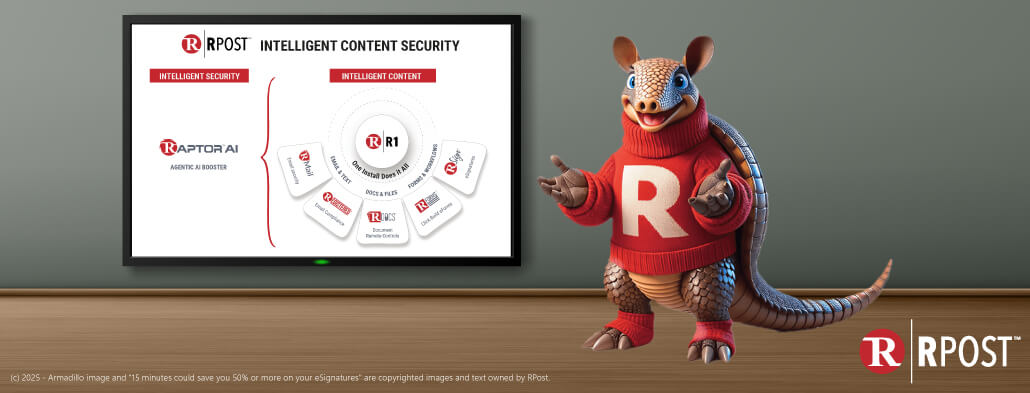
April 25, 2025

April 17, 2025
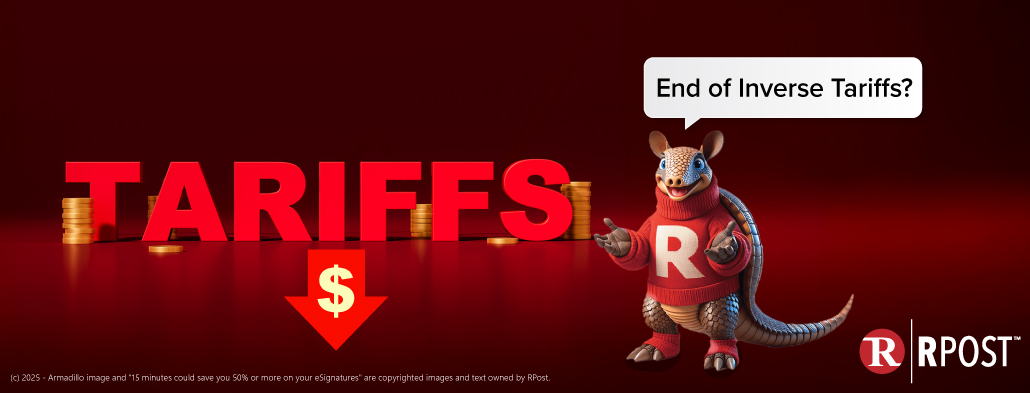
April 11, 2025
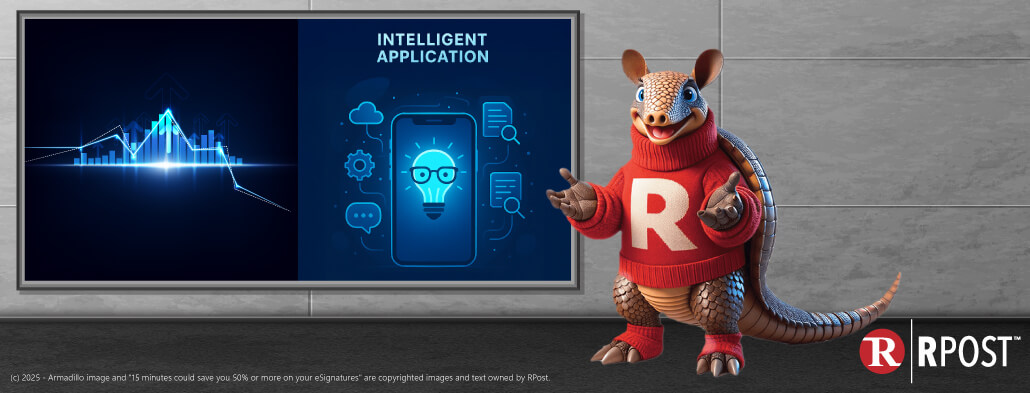
April 04, 2025
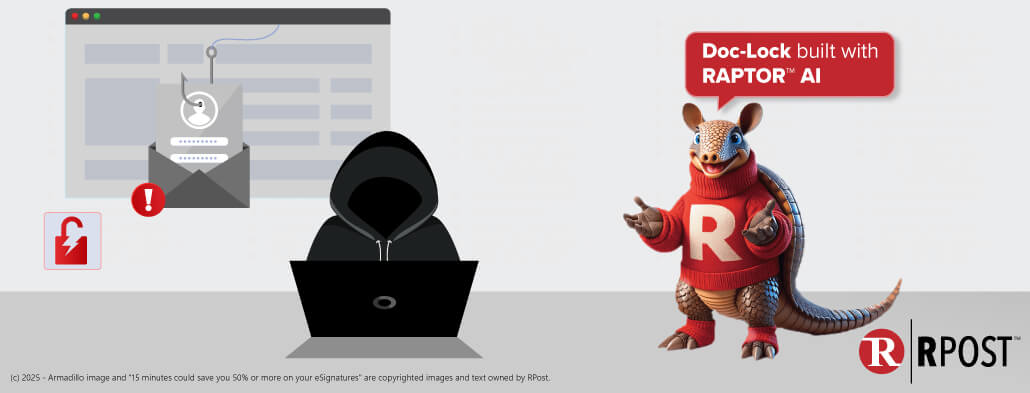
March 28, 2025